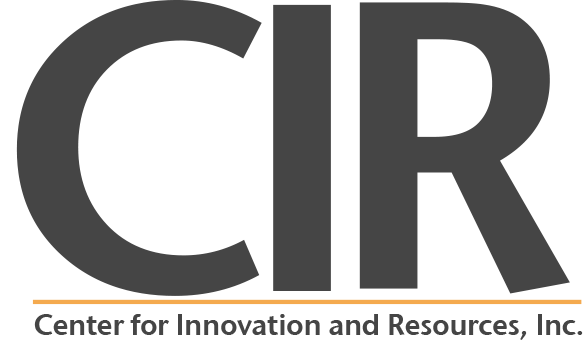I have been reflecting a lot on the role technology plays in our everyday life and how it is helping and hindering us as a society. I decided to listen to CATTA’s Statewide Training, A Child’s Mind on Tech through the lens of a parent. Here are some of my takeaways…
- YouTube Kids is not educational. Most of what young kids watch are videos of kids doing things like opening surprise toys, reviewing toys, making slime, playing video games. These kids are influencers who are getting paid to promote a product. Parents should steer clear from YouTube Kids and instead have kids watch educational shows. PBS network is the best at creating educational content for kids! (Dr. Radesky)
- Algorithms are the worst! It is not our fault that we are addicted to our devices, the algorithms are designed to keep us engaged. Features like notifications are built in to alert us and bring us back to our phones. The scariest part is that all of the kid games and kid shows on YouTube have advertisements that lure kids in. We are fighting an uphill battle (Dr. Radesky).
- Technology/screens releases large amounts of dopamine. Dopamine is a hormone and a type of neurotransmitter, or chemical messenger, made in your brain. Dopamine plays a role in how we feel pleasure. Large amounts of dopamine can lead to serious health issues. We literally feel withdrawals when we are removed from a screen. This is why we see kids throw tantrums when we take a screen away (Dr. Lembke).
- Pleasure Pain Balance. Dr. Lembke does an amazing job of explaining the pleasure pain balance. She explains that too much pleasure (Dopamine) can lead to the Plenty Paradox, which is where we see richer countries having higher rates of anxiety and depression. We must make sure that we are balancing pleasure with pain. A great example of this is exercising: when you exercise to the point of exhaustion your body feels pain as you are pushing it to its limits, but afterwards, you feel almost euphoric from the rush of endorphins (Dr. Lembke).
Technology is overwhelming. Parenting with technology is even more overwhelming. Both Dr. Radesky and Dr. Lembke provided great tips to use as we navigate parenting.
- Digital fast – take a two-week break from social media. It will be challenging at first but after the first week you will feel yourself lighter and less attached to your phone.
- Seek out pain to feel pleasure – examples of this are: ice baths, exercise, fasting, meditation, prayer, gardening, and reading a hard book.
- Time Limits – Set time limits for technology use for your kids. Take phones away at night to allow for restful sleep. Create technology free spaces, the dinner table is a great place to start!
- Be Intentional – Be intentional about how you use your device. There is a space for technology in our lives, however, when we let algorithms take us away from our intention, we find ourselves wasting precious time scrolling.
- Boredom – Creativity comes out of boredom. Let’s stop trying to fill all of our time and our kids time with activities and things to do. Embrace boredom and watch what beautiful things will come from it.
If this post resonated with you and you would like to learn more about how technology affects the child’s mind, visit https://cirinc.org/what-we-do/recorded.html to access the full recording.

